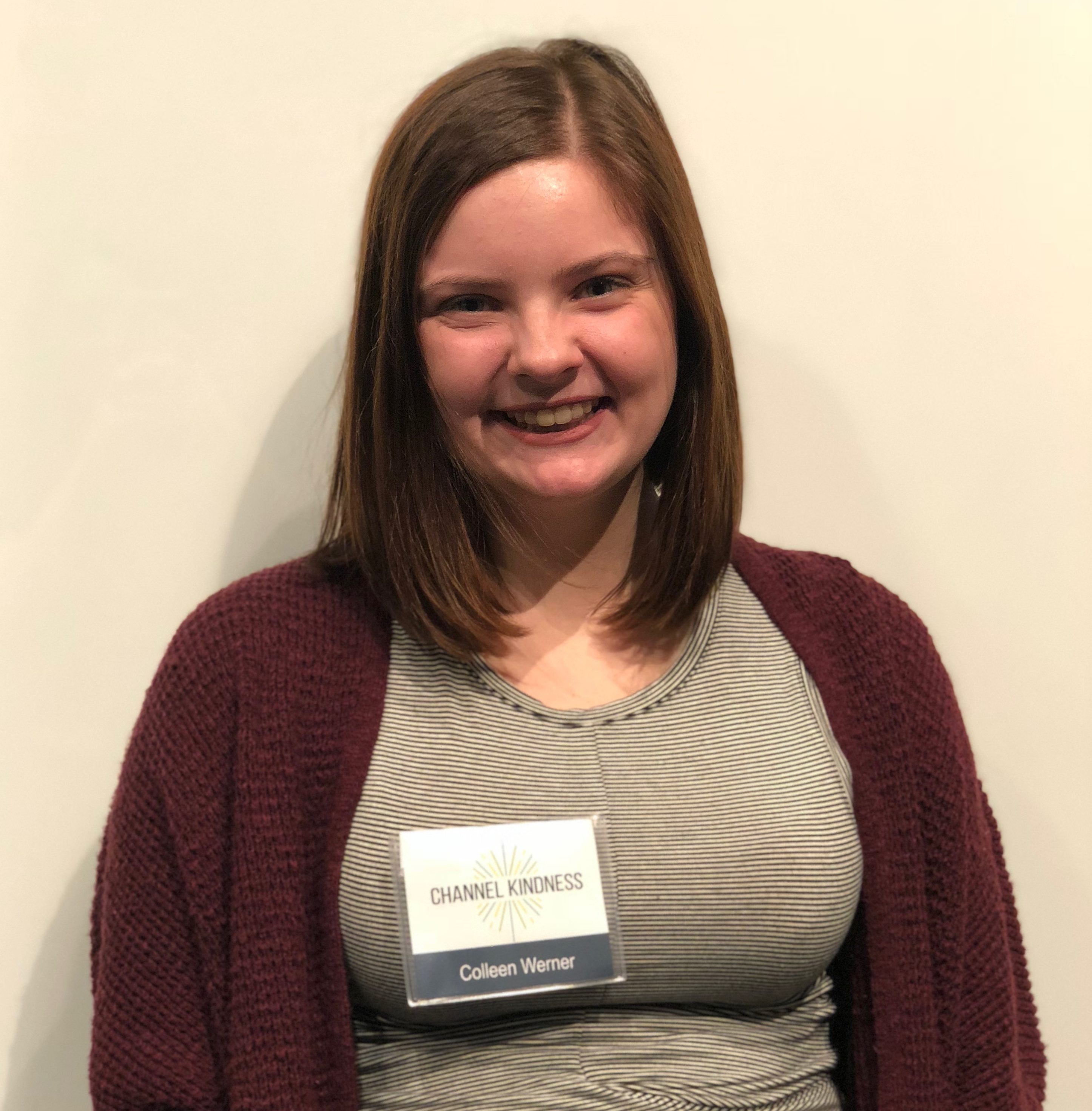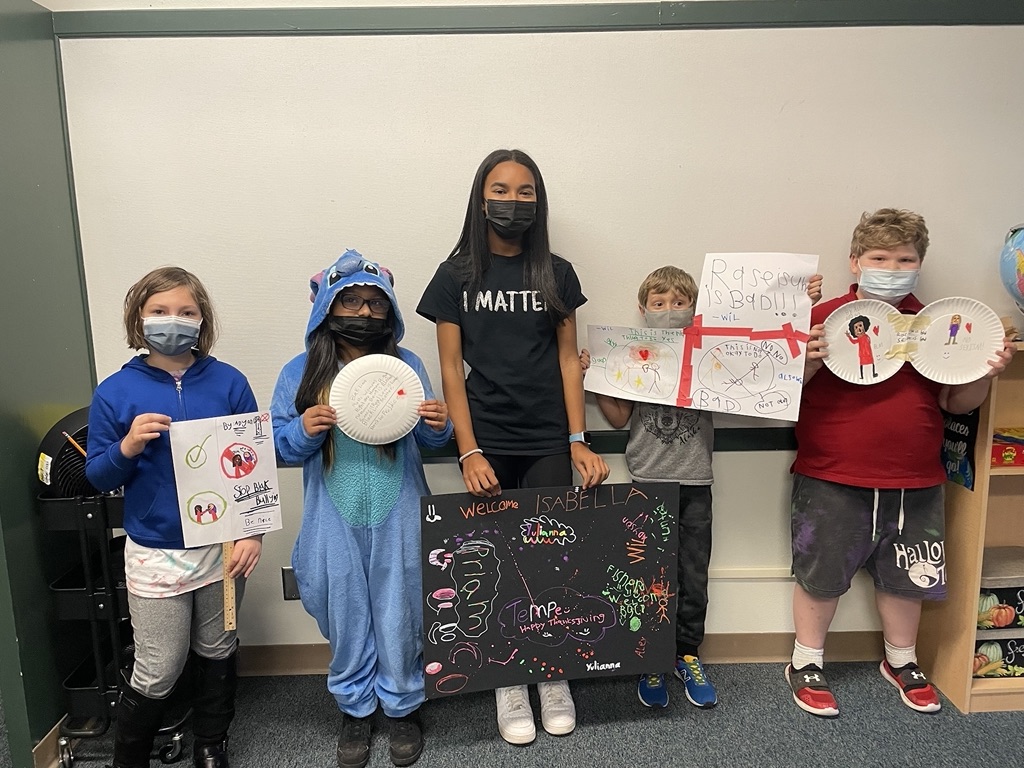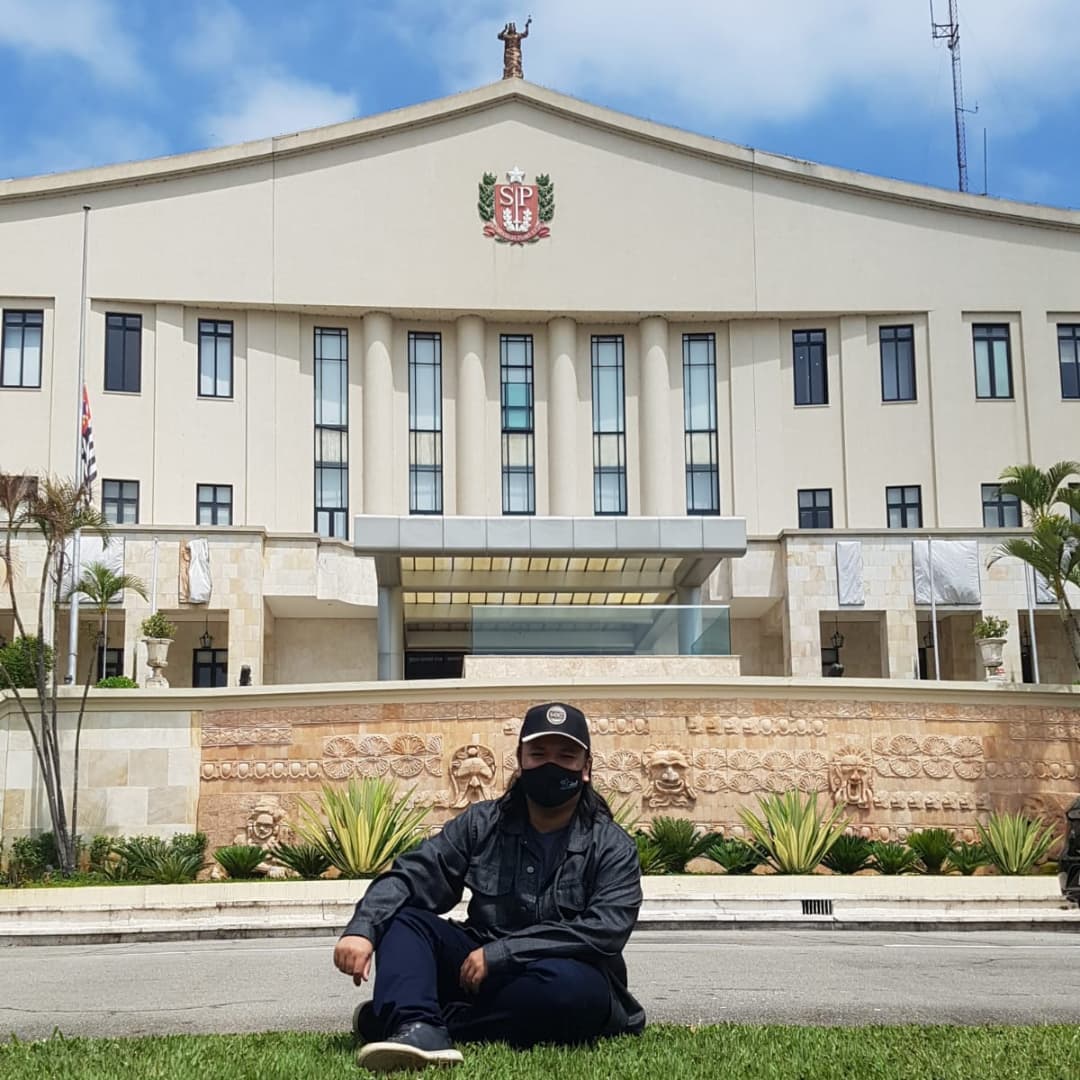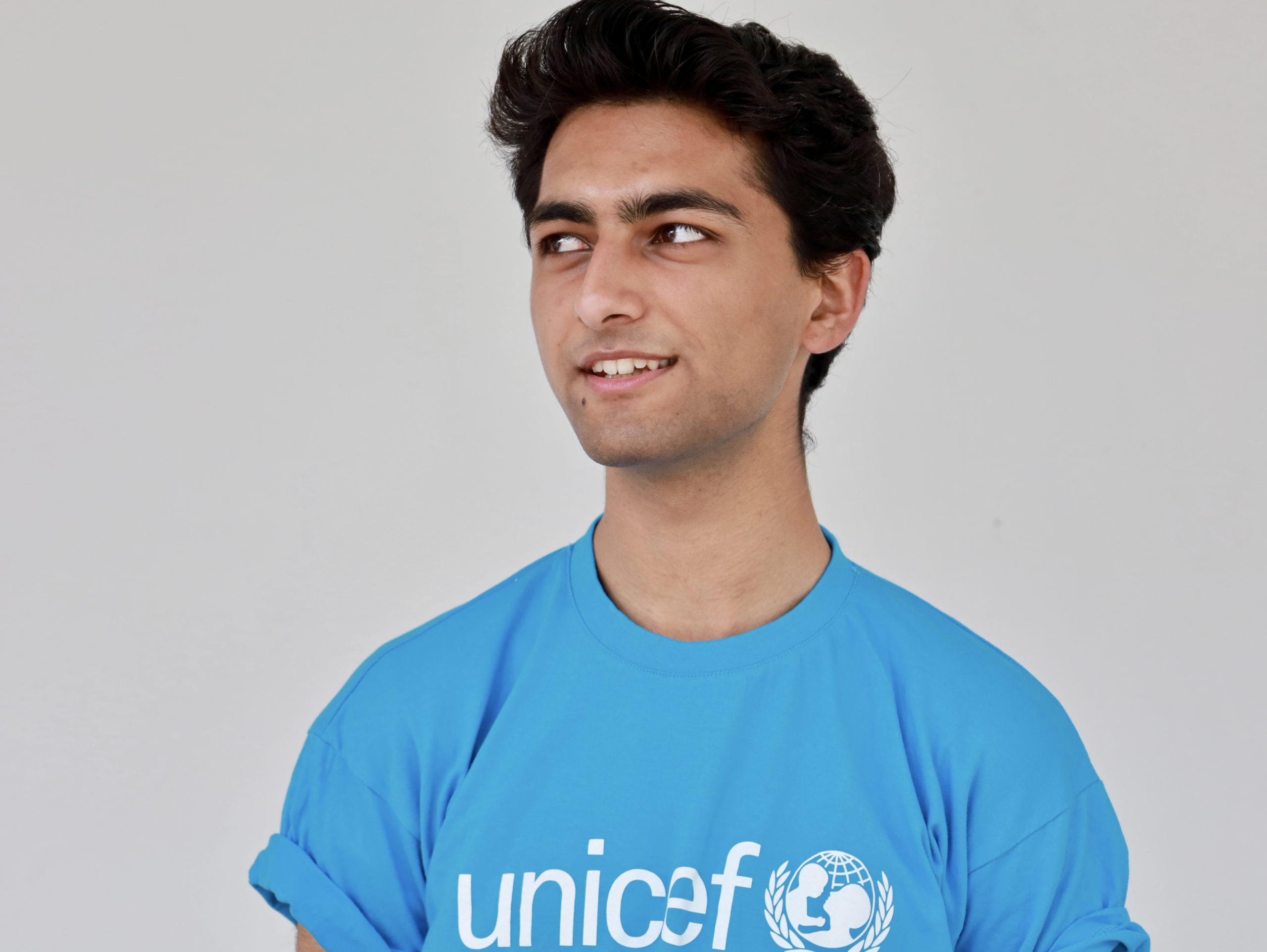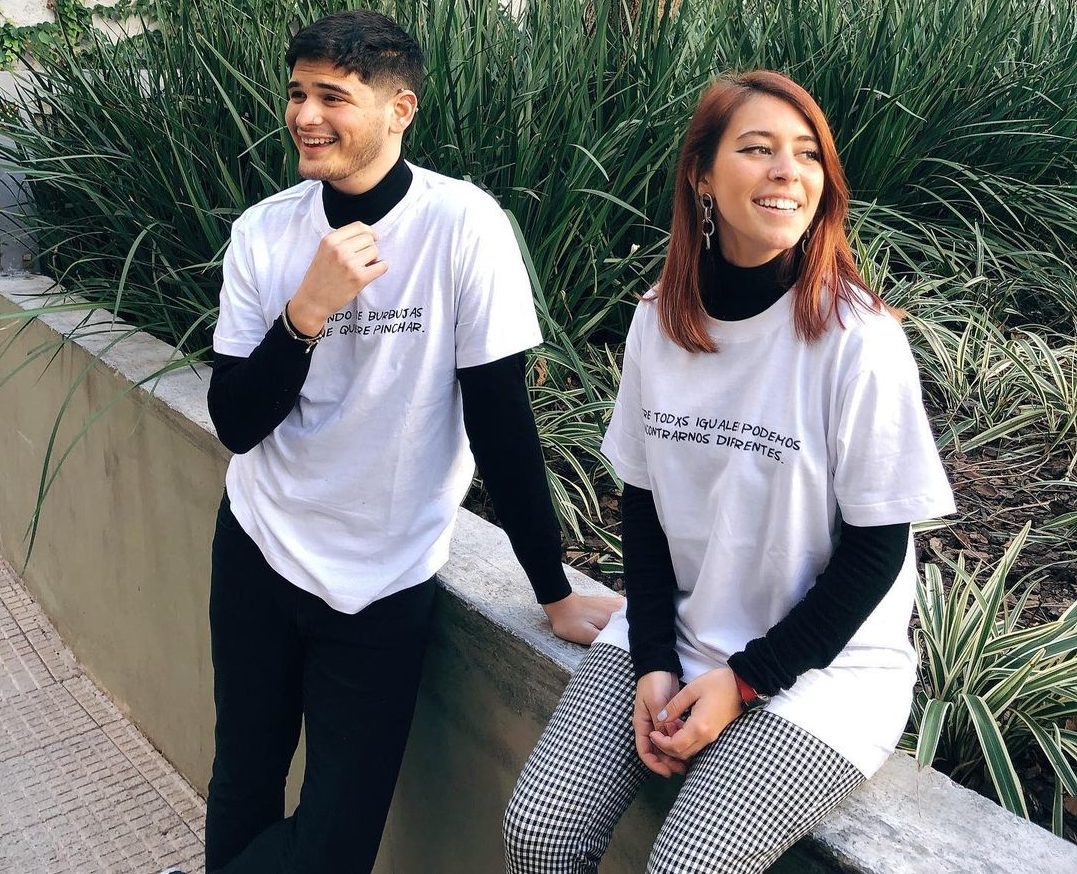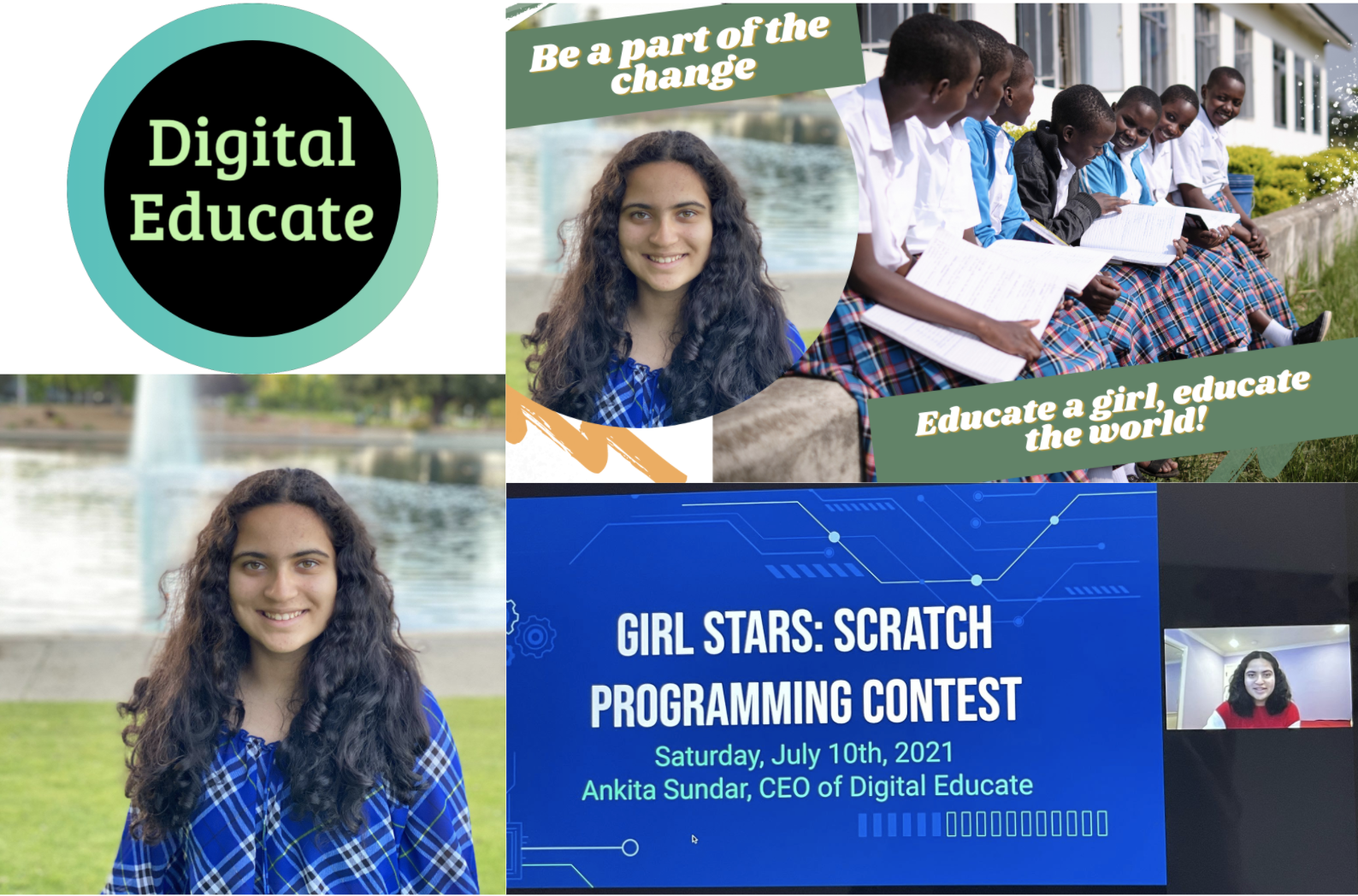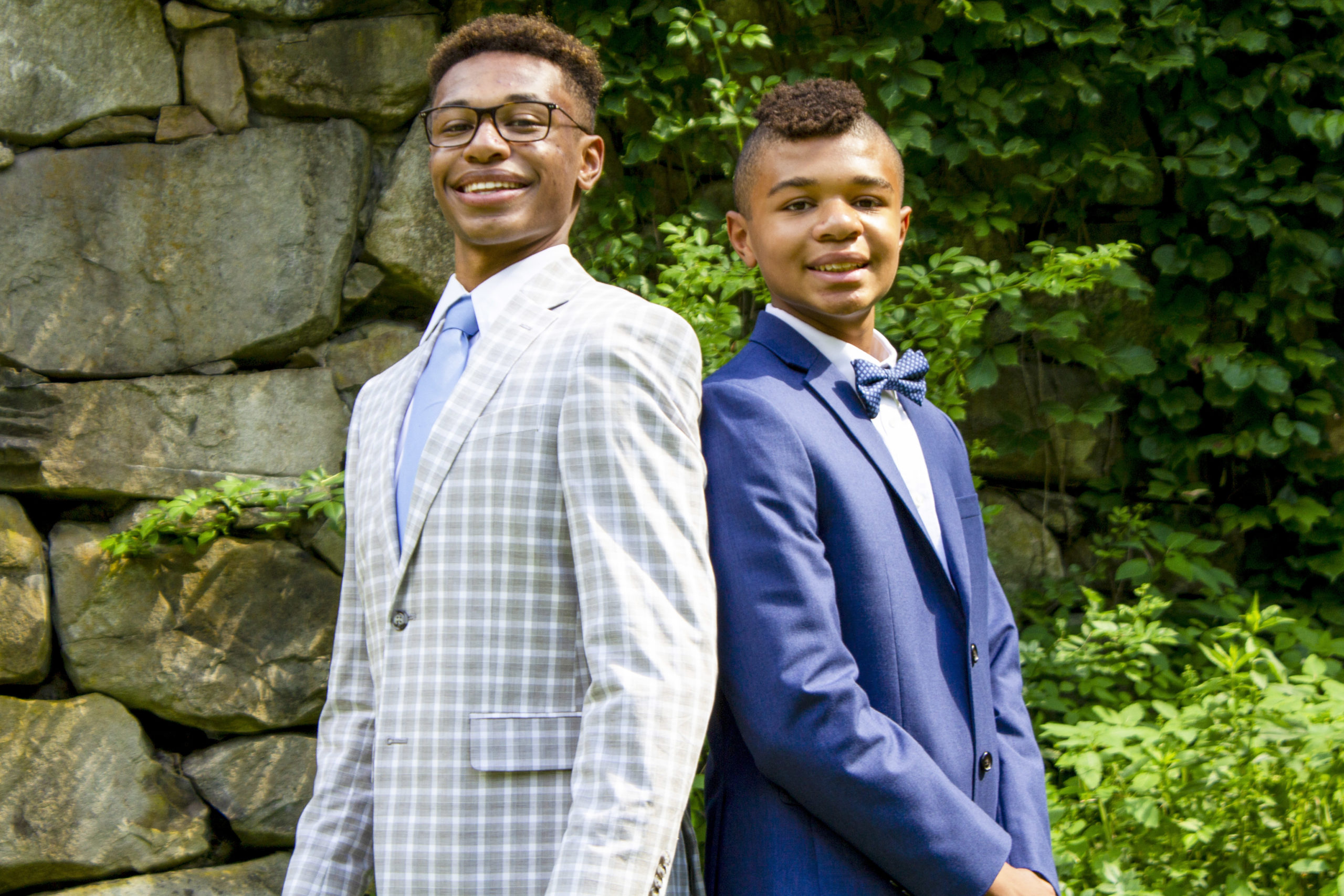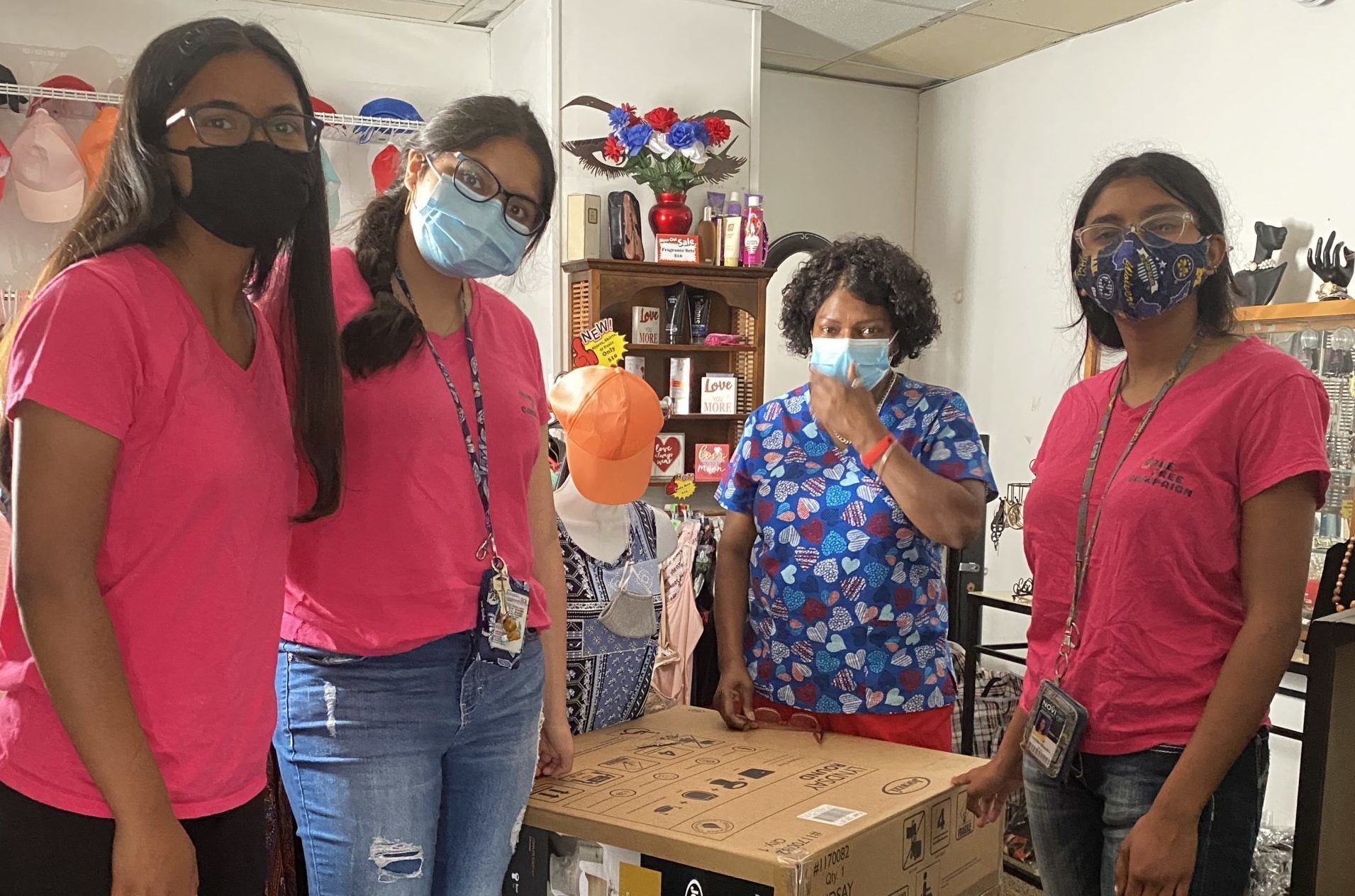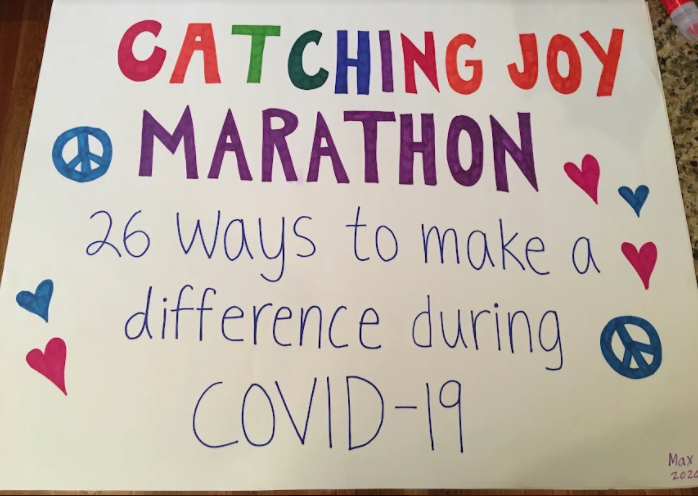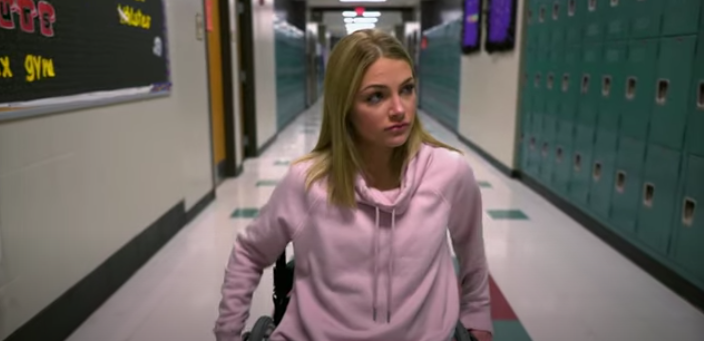Approximately 20 million women and 10 million men will struggle with an eating disorder in their lifetime. In addition, eating disorder treatment can cost upwards of $30,000 per month. While this information may be disheartening, Project HEAL (Help to Eat, Accept, and Live), is creating hope and making a difference by delivering prevention, treatment financing, and recovery support for people suffering from eating disorders, while also reinforcing the idea that full recovery from an eating disorder is possible.
After meeting in treatment for anorexia nervosa, Liana Rosenman and Kristina Saffran founded Project HEAL in 2008 at just 15 years old.
Liana and Kristina saw firsthand the horrible effects of insufficient insurance coverage for eating disorder treatment, and they felt the need to take action. Insurance companies often cut coverage for eating disorder sufferers when they seem to be “medically stable,” even when they are just starting to address the real implications of their eating disorder. In addition, some insurance providers will not cover any amount of eating disorder treatment, leaving sufferers alone and without help.
Project HEAL is helping to change this through their treatment assistance program. Individuals who are struggling to pay for their eating disorder treatment can apply to receive a grant to fund either inpatient, residential, or outpatient treatment. To date, Project HEAL has provided over 90 life-saving treatment grants. For Liana, one of the most difficult aspects of running Project HEAL is having to turn away some of the treatment assistance program applicants.
“I want so badly to be able to fund everyone’s treatment,” Liana said.
The treatment assistance program is truly saving lives. Grant recipient Lieba Brownstein shared with Channel Kindness how receiving a treatment grant from Project HEAL completely changed her life.
“I had been to treatment five times prior to being funded by Project HEAL and not once was I able to take the time I needed in treatment in order to recover,” Lieba said. “I think money was only one of the many issues that continuously stopped me from getting the care I needed. I got to spend six months working with people that let me be messy. Let me work through so many of the underlying issues that lead to a 10-year battle with an eating disorder.”
Lieba also shared how letting go of her eating disorder gave her an opportunity to live.
“Since the grant, I live,” she said. “My life is not about food, or weight, or my body. I live as a human. Every day I get to build my future. Every day I get to cry, and laugh, and struggle, and love, and I feel blessed to feel all of that. My life changed because I was given the space and time to change.”
Another amazing aspect of Project HEAL is their newly launched Communities of HEALing peer support program. There are three ways to be involved with Communities of HEALing:
- Individuals who are new to recovery and have recently stepped down from a higher level of care, (such as inpatient, residential, partial hospitalization program, or intensive outpatient), can apply to be part of a randomized controlled trial (RCT) in partnership with Columbia University. Eligible individuals are assigned to either get mentored by a recovered peer, meet as part of a social group to take part in activities unrelated to the eating disorder, or to be on the waitlist, where they will receive mentorship after several months.
- Another part of Communities of HEALing is weekly peer-led support groups that are open to anyone who has struggled with an eating disorder.
- A third way to participate in Communities of HEALing is by becoming a mentor. Individuals who have been recovered from an eating disorder for a minimum of two years can apply to be peer mentors to give 1:1 support to a mentee who is early in recovery. Individuals who have never had an eating disorder can serve as social support mentors who spend time with their mentee doing activities unrelated to the eating disorder, like seeing a movie or going to a museum.
Participating in this peer mentorship can be life-changing for individuals who are in recovery. Channel Kindness spoke with an individual who is a Communities of HEALing mentee and she shared that being part of the program is helping her truly tackle recovery.
“Having a mentor is very helpful because it’s someone that has been through it,” she said. “It’s not a doctor telling you to eat or a therapist saying to ignore the thoughts. The mentor you’re assigned is trained and has literally been through recovery, and I think that’s so beautiful because it’s extremely supportive, and having someone that genuinely gets it on your team changes your life.”
The mentee added, “Project HEAL is the most amazing organization I have ever seen. They use the money from donations and utilize it to give treatment to people that can’t afford it. I’ve never met anyone through Project HEAL that wasn’t an extremely kind human that just wants to help. Project HEAL changed my life in the best way possible and I’m extremely grateful for that.”
One of the most special parts of Project HEAL is that aside from a small group of full-time employees, there’s also an amazing team of volunteers serving as the backbone of the organization. There are currently more than 40 Project HEAL chapters worldwide, and they are constantly expanding. Volunteers take roles spanning from leading chapters, to assisting with social media, to helping with events, to running the Project HEAL blog, and many more.
Danielle Lowe, president of the Project HEAL Miami chapter and co-manager of the national blog shared, “When I first decided to get involved in advocacy work after I had been in stable recovery for a while, I didn’t realize it would have such a profound impact on me, but I’m so glad it has.”
Danielle added, “At Project HEAL’s core, it was partially founded because two girls wanted to be helpful and kind. They were in no way obligated to create this non-profit. But they saw an extreme need in the mental health care system and wanted to help others. That’s such a beautiful thing to want to pay it forward like that and it’s so wonderful that so many people now get to be involved in that mission too.”
While this work can definitely be draining for all involved, Ali Hougnou, Director of Volunteer Services, shared that Project HEAL’s incredible volunteer base helps keep her going.
“We have the most passionate, kind, intelligent, driven, talented, and ambitious volunteers that it’s really hard to let any difficulties keep you down because of the positive energy I get from them,” Ali said.
Through their treatment assistance program and Communities of HEALing program, Project HEAL is truly changing the world, saving lives every day, and spreading the power of bravery and kindness.
Click here to apply to be a part of Project HEAL’s Communities of HEALing mentorship program or here to apply for treatment assistance from Project HEAL.




